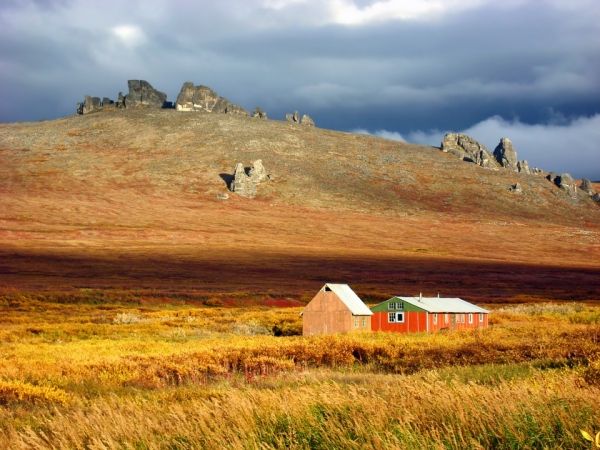Water scarcity in rural Alaska is not a new problem, but the situation is getting worse with climate change. Lasting solutions must encourage the use of alternative water supplies like rainwater catchment and grey water recycling. They must also address the affordability of water related to household income, say researchers from McGill University.
Washing hands with clean water is something most people take for granted, yet for Alaska's rural residents, this is often not the case. When people pay for water by the gallon, serious thought is given to how much is used – even during the COVID-19 pandemic.
In many rural Alaskan communities, where jobs are scarce and household income is low, the cost of water is a high burden, according to the study published in Environmental Management.
“Households in Anchorage paid nearly five dollars per 1000 gallons in 2017, while residents in more remote areas paid ten times as much,” says co-author Antonia Sohns, a PhD Candidate under the supervision of McGill Professor Jan Adamowski.
Read more at McGill University
Photo Credit: 12019 via Pixabay


